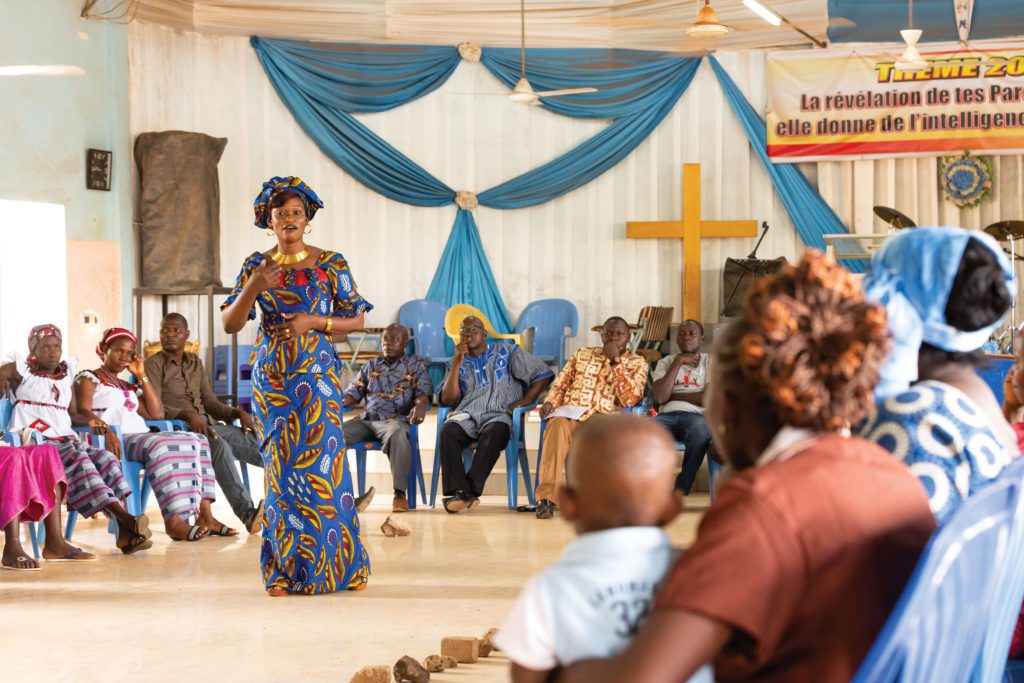Beyond Literate Western Practices: Continuing Conversations in Orality and Theological Education
by Samuel E. Chiang and Grant Lovejoy, eds.
International Orality Network in cooperation with Capstone Enterprises. 2014.
—Reviewed by Lynn Thigpen, IMB missionary, Southeast Asia; PhD student, Intercultural Education, Biola University,
One dissertation writer in the field of orality calls the gap between oral learners and the highly literate an abyss. As someone working in that “abyss,” I appreciate when the highly literate minister comes alongside the oral majority and share best practices. Continuing to promote awareness for integrating theological education with the needs of oral learners, editors Samuel Chiang and Grant Lovejoy provide papers from the International Orality Network’s 2014 meeting of practitioners working across the globe. The book first gives case studies and current practices in formal and non-formal settings, then addresses affirming oral leaders, exploring worldviews, and implementing oral strategies.
What intrigues me about these twenty-one papers and responses? On a global scale, practitioners and researchers in the field of orality are progressively widening their scope to include ethnodoxology, the arts, ministry in the unwritten language of the deaf, various modes of education, such as problem-based education, case studies, and dialogue, and other creative ideas. They continue to raise awareness of honor/shame issues, the need for increased cooperation with national partners, and sensitivity to worldviews.
In his ministry with the deaf, Sauter recounts storying through church history. Dinkins laments the omission of oral strategies in church history studies. Coppedge urges sensitivity, using print materials when people value the appearance of literacy but prefer oral methods. Overstreet conducts levels of holistic leadership training, and Bekker desires a learning community “where the primary focus is mentoring rather than lecturing, and where the intended outcome is a transformed and empowered life, not a degree” (p. 4).
In the midst of these good ideas, I have a few questions. One paper gives a definite plea for assistance integrating oral methods in their Bible college curriculum. How will ION answer the challenge? Another paper discusses third-party evaluations. How are those implemented? One writer gives a plea to “recognize pathologies present in verbal communications.” If there are pathologies in speaking, what are the cancers to be avoided in writing? For instance, with a lack of face-to-face interaction in the email world, misunderstandings abound. The pathologies apply to any spoken communication. After reading this and several other papers, I feel clarification is needed regarding the scope of the field.
A number of papers lament lack of curriculum and express concerns over accreditation and assessment, as well as the literate bias of theological education. I appreciate the problems raised in this work, but look forward to additional scholarly research that provides answers, including more case studies of best practices. May there be countless others who join forces with ION, enter the exciting world of the “abyss,” and emerge with even more nuggets of truth on how to teach oral learners more effectively and how to integrate orality into theological education.
Check these titles:
Box, Harry. 2014. Don’t Throw the Book at Them: Communicating the Christian Message to People Who Don’t Read. Pasadena, Calif.: William Carey Library.
Cannell, Linda. 2006. Theological Education Matters: Leadership Education for the Church. Newburgh, Ind.: EDCOT Press.
Gupta, Paul R. and Sherwood Lingenfelter. 2006. Breaking Tradition to Accomplish Vision. Winona Lake, Ind.: BMH Books.
. . . .
EMQ, Vol. 51, No. 3 pp. 340, 342. Copyright © 2015 Billy Graham Center for Evangelism. All rights reserved. Not to be reproduced or copied in any form without written permission from EMQ editors.




